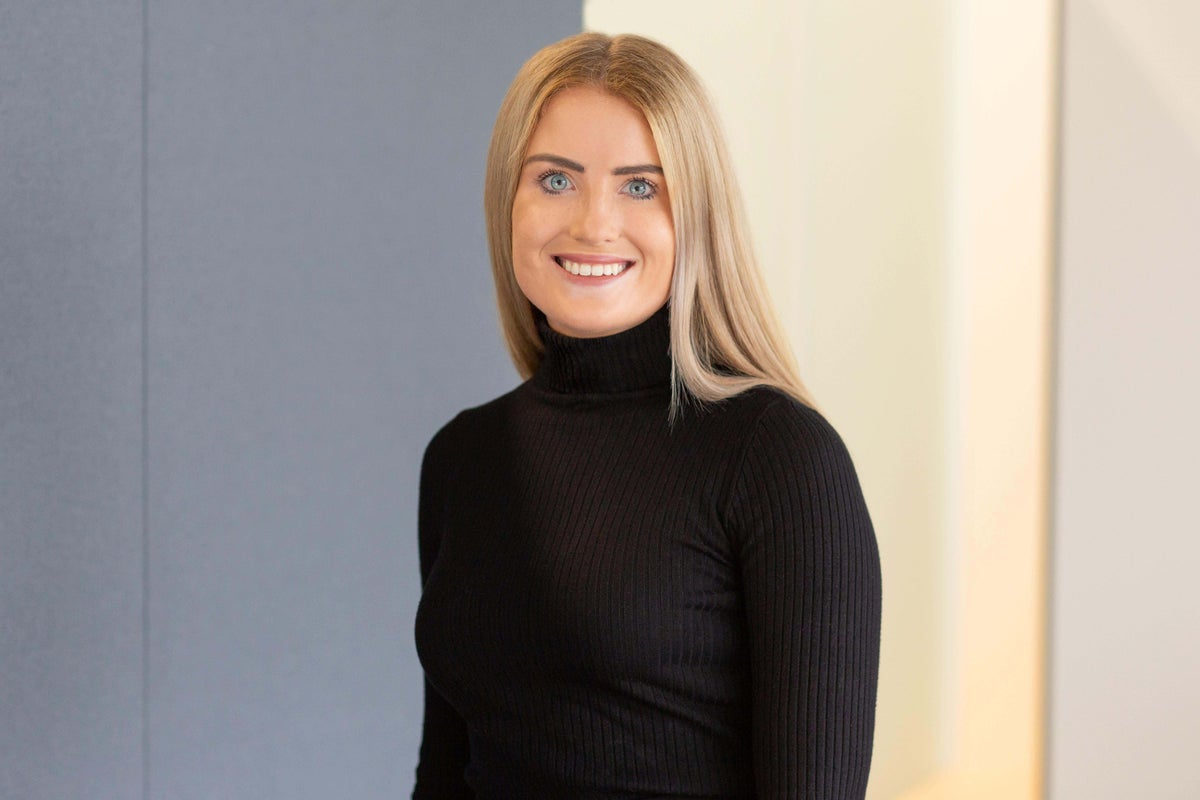
Drinking even shop-bought, previously sealed spirits in popular gap year destinations is like “Russian roulette”, a campaigner has warned in her call to improve advice about methanol poisoning.
Amanda Dennis, a family representative for Simone White, said the risk of methanol poisoning is “just not known” by many backpackers and holidaymakers travelling to south-east Asia.
Simone died in November last year less than three weeks after her 28th birthday, after drinking shots at a hostel bar in Laos.
Laura Trott, a Conservative MP, is set to make a speech in the Commons next month, where she will urge politicians to back her proposal to bolster Government advice for travellers.
“The advice needs to be much harder, it needs to be much more obvious, and it needs to be the truth, which is, ‘you do not drink spirits, if you do, you are playing Russian roulette’,” Ms Dennis told the PA news agency.
She described Simone, who was a lawyer from Orpington, as being “intelligent” and “very well travelled”.
Ms Dennis said: “She wasn’t a one-off, one-time backpacker.
“She’d been everywhere, she’d been all over the world.
“If it can happen to her, it can happen to anybody.”
Ms Dennis has called for “the information surrounding methanol poisoning to be far more precise and to be far more transparent, to be much stronger, because at the moment it’s incredibly wishy-washy”.
Methanol is clear, colourless and flammable, and small amounts are naturally found in the human body, animals, plants including fruit and vegetables, and bacteria.
But drinking small amounts is “dangerous”, according to the UK Health Security Agency (UKHSA), and can have serious consequences including causing blindness or death.
It is more harmful than ethanol, a similar compound found in ordinary drinking alcohol.
In many cases, consuming methanol is “not spiking”, Ms Dennis warned, with the substance added to drinks either “at the point of distillation of the alcohol by poor distillation, and it’s not decanted off, or it’s added on purpose to make the alcohol go further”.
The campaigner said she had seen photos of a “so-called factory” in Laos, with an assortment of empty bottles piled up nearby.
“It might be a Smirnoff bottle but they’ll fill it with something else,” Ms Dennis added.
She described advice that “you need to buy sealed bottles” as “rubbish”, following the death of Essex backpacker Cheznye Emmons, aged 23, who bought alcohol from a shop in Indonesia.
The bottle appeared to be a legitimate, labelled gin product, but the drink was mixed with methanol, an inquest in Chelmsford heard after she died in 2013.
Cheznye’s sister, Measha Rudge, has launched the website methanolawareness.com in a bid to encourage tourists to “keep clear of counterfeit alcohol” wherever they are travelling.
She told PA: “We do have a responsibility – we’re not going to change their rules and their regulations in (other) countries – but we are able to provide advice where we should be providing advice to make sure that people can keep themselves safe when they’re away on holiday.”
Cheznye, from Great Wakering near Southend, was the “life and soul of the party”, Ms Rudge said.
Ms Trott, who is the MP for Sevenoaks in Kent and also shadow education secretary, has a ten-minute slot on September 3 to propose her Methanol Poisoning (Travel Advice) Bill.
“Simone’s experience is Laos is a powerful reminder to us all of the dangers of methanol poisoning and it have been a privilege to work with her family on their campaign to raise awareness,” she said.
“My Bill, which has cross-party support, would require the Government to provide clear, prominent and consistent travel guidance about methanol poisoning in countries where the risk is known to exist – a simple yet crucial step if we are to truly warn others of the dangers.
“Families like Simone’s have endured unimaginable grief, and they are doing all they can to ensure other families do not have to face the same loss.”
According to the Gap Year Travel Report 2024 by travel agency Kilroy, south-east Asia ranked fifth when 1,000 people were asked which destinations they would consider for a gap year, with Europe taking the top spot.
